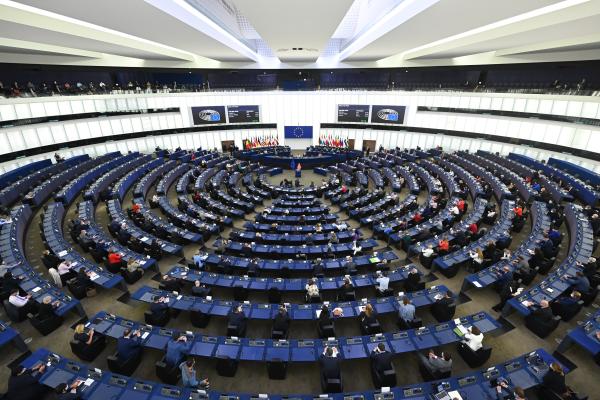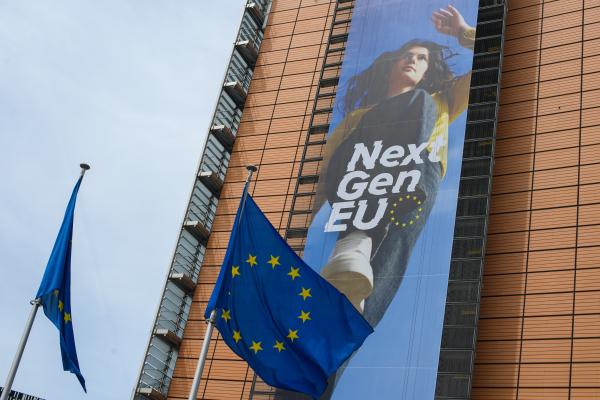The European elections in 2024 took place from Thursday to Sunday, 6 - 9 June.
Millions of people across the EU cast their vote to choose who will represent them in the European Parliament, the world’s only directly elected transnational assembly.
What happens after the elections
In the weeks and months following the elections, the newly elected Members of the European Parliament (MEPs) elect their new leadership and resume work on legislation that was not finished in the 2019-2024 term.
MEPs also vote to elect the new President of the European Commission, proposed by the leaders of EU countries, and they approve the entire College of Commissioners. The new European Commission is then appointed by the European Council.

See the results of the 2024 and previous European elections

Elections and appointments for EU institutions

Learn about what happens after the elections
What your vote decides
European elections are held every five years to elect your Members of the European Parliament. These representatives represent your interests and can shape and decide on new EU legislation. They also vote on new trade agreements, scrutinise the EU institutions and how taxpayers’ money is spent.

Find out about EU funds in your region and how the EU improves your daily life

Progress achieved on key EU priorities since 2019

EU leaders are discussing the EU’s direction and goals for the next five years.
Why voting is important
The European Parliament ran a public information campaign called ‘Use your vote or others will decide for you’ to encourage people to vote.
In the European Union, democracy may seem obvious to us today. But this has not always been the case. Democracy is a precious gift passed on to us from previous generations.
Now it is up to us to maintain it, to make it stronger and pass it on to the generations to come. The most effective way to do so is by voting - because the more people vote, the stronger democracy becomes.

